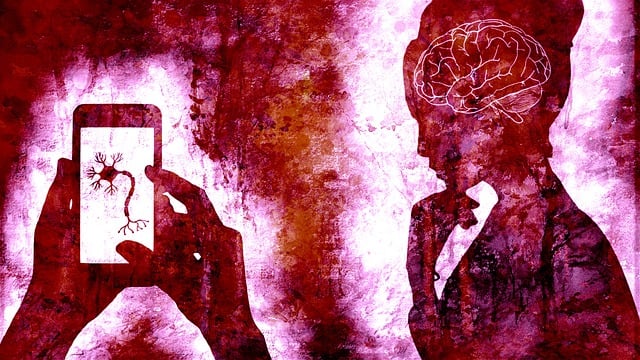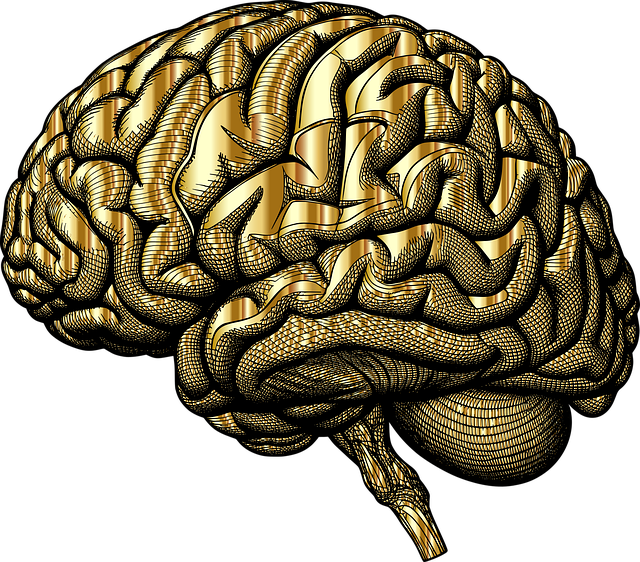Lone Tree Codependency Therapy emphasizes holistic counseling for individuals navigating loss, grief, and bereavement. Specialized programs guide clients through complex emotions, fostering healthy coping strategies and personal growth. Risk assessments ensure safe practices, while public awareness campaigns destigmatize bereavement. Through counseling, individuals process emotions, integrate loss, and develop resilience, with a focus on addressing codependent patterns for healthier relationships and improved mental health outcomes.
“Loss, grief, and bereavement are universal experiences that can profoundly impact individuals. This comprehensive guide explores these complex emotions, offering insights into understanding and managing them effectively. We delve into the critical role of counseling in navigating loss, with a specific focus on Lone Tree Codependency Therapy. By uncovering codependency’s effects on grieving people, we provide strategies for healing and personal growth after loss.”
- Understanding Loss, Grief, and Bereavement: A Comprehensive Overview
- The Role of Counseling in Navigating Difficulties After Loss
- Uncovering Codependency: How it Affects Grieving Individuals
- Lone Tree Codependency Therapy: Strategies for Healing and Growth
Understanding Loss, Grief, and Bereavement: A Comprehensive Overview

Loss, grief, and bereavement are complex emotional experiences that can significantly impact an individual’s mental health and overall well-being. Understanding these concepts is crucial for anyone seeking support or offering assistance during difficult times. Loss refers to the absence of something valued, such as a loved one, while grief is the emotional response to loss, characterized by feelings of sadness, anger, guilt, or loneliness. Bereavement, on the other hand, is the period of time after a significant loss, during which individuals process and adjust to their new reality without the presence of their loved one.
Lone Tree Codependency Therapy emphasizes the importance of comprehensive counseling for these sensitive issues. Through specialized Mental Health Education Programs Design, therapists help clients navigate the intricate path of grief, fostering healthy coping mechanisms. A thorough Risk Assessment for Mental Health Professionals ensures safe and effective support, especially when dealing with vulnerable individuals. Additionally, Public Awareness Campaigns Development can play a vital role in reducing stigma associated with bereavement, encouraging open conversations and promoting access to available resources.
The Role of Counseling in Navigating Difficulties After Loss

After experiencing a significant loss, seeking counseling can be a transformative step toward healing and recovery. Loss, grief, and bereavement counseling provides a safe and supportive space for individuals to process their emotions, memories, and feelings related to their profound sense of loss. Professional therapists, such as those at Lone Tree Codependency Therapy, offer specialized knowledge and skills to help clients navigate these uncharted waters.
Through self-awareness exercises and mental wellness coaching programs, counseling encourages individuals to explore their thoughts and behaviors in healthy ways. This process fosters personal growth, enhances mood management, and promotes the development of coping strategies tailored to each person’s unique experience. By delving into these aspects, counseling enables clients to find solace, integrate their loss into their lives, and eventually, move forward with resilience.
Uncovering Codependency: How it Affects Grieving Individuals

Codependency often emerges as a powerful unspoken influence during times of loss and grief. Many individuals experiencing bereavement may find themselves caught in a cycle of emotional interdependence with the deceased, leading to prolonged and complicated mourning processes. This dynamic is particularly relevant for those seeking counseling, especially when considering Lone Tree Codependency Therapy.
In the context of grief, codependency can manifest as an unhealthy attachment or reliance on the memory of the loved one. Individuals may struggle to differentiate between their own emotions and those of their deceased relative, hindering their ability to process grief naturally. By incorporating self-care routines and maintaining a mental wellness journal as guided therapy exercises, individuals can begin to navigate these complex emotions. Additionally, healthcare providers who are also experiencing burnout should consider implementing burnout prevention strategies alongside their clinical work, fostering better mental health outcomes for both themselves and their patients during challenging times of loss and bereavement.
Lone Tree Codependency Therapy: Strategies for Healing and Growth

Lone Tree Codependency Therapy offers a unique approach to healing and personal growth for individuals navigating loss, grief, and bereavement. By addressing underlying codependent patterns, this therapeutic process empowers clients to cultivate healthier relationships and enhance their emotional resilience. Through tailored strategies, individuals learn to set boundaries, assert their needs, and develop a stronger sense of self-worth, all of which contribute to a transformative journey of healing.
The therapy focuses on building emotional intelligence and social skills, enabling participants to navigate interpersonal interactions with newfound confidence. By understanding the dynamics of codependency, clients can break free from unhealthy relationship patterns and foster more authentic connections. This holistic approach not only aids in coping with loss but also paves the way for personal growth, self-discovery, and a renewed sense of purpose.
Loss, grief, and bereavement can profoundly impact an individual’s life, but understanding these processes and seeking appropriate support, like Lone Tree Codependency Therapy, can be transformative. Counseling plays a vital role in navigating the complexities of loss by providing a safe space to process emotions, uncover codependent behaviors, and foster healthy coping mechanisms. By addressing these challenges head-on, individuals can experience healing, personal growth, and a renewed sense of well-being after their loss.










